Description
CONTENTS
- Globalization and Political Violence
- Feminism and Political Violence
- Contemporary Trends in Women’s Participation in Political Violence I
- Contemporary Trends in Women’s Participation in Political Violence II
- Thought to take us forward
About The author
Aroobah Lak, author of Beyond Gender: Freedom, Jihad and Agency is a researcher and educator in the field of international relations, This book is based on her research work undertaken during her master’s degree.
She received her MPhil degree from National Defense University Islamabad with distinction of Chancellor’s gold medal. Her research focuses on subjects related to gender, security and, agency in international politics with special focus on female militancy and political agency.
Her interest in placement of gender within the scope of politics stems from her own rural roots and firsthand experiences with patriarchy. As a first-generation critical feminist researcher in her family, she is trying to understand the construction and deconstruction of norms of gender and patriarchy that transcend socio-cultural and geographical boundaries, in one form or another and somehow manage to steer the course of individuals’ lives.
She lives in Islamabad, Pakistan with her husband and two beautiful daughters. She is trying to add her own contributions to making the word a better and just place for her daughters and children of this world.
About the Book
The image of war strongly represents a patriarchal and masculine arena in which women are either invisible or play the role of a helpless victim. An overall understanding of political violence highlights the fact that women’s identity as women receives uncanny attention whenever it is studied in the context of violence. However, the rise of ISIS as the most formidable non- state political entrepreneur has transformed the field of security studies. ISIS is not only an epitome of the globalization of political violence, but it has also instigated a global all-inclusive wave of militarism. Participation of Foreign female fighters and Kurdish YPG- star in active political violence has brought into light an intentionally under researched and oft disregarded area in security studies. So-far, women have always been treated as passive agents, i.e. victims of political violence however; this new phenomenon of female fighters have proved that they are a far cry from this traditional portrayal of damsels in distress. Nevertheless, there still exist dichotomies in representation, analysis and discourse when political scientists, policy makers and media deal with male and female agents of political violence; this in turn, points towards pervasive gendered notions of patriarchy which build the discourse of war, violence and gender. Consequently, asks for an alternative approach to study women as agents of political violence so that, the discipline of security studies could further be expanded, as it is quite clear that political violence is no longer men’s only club.
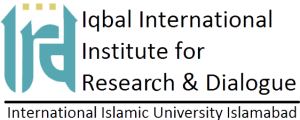
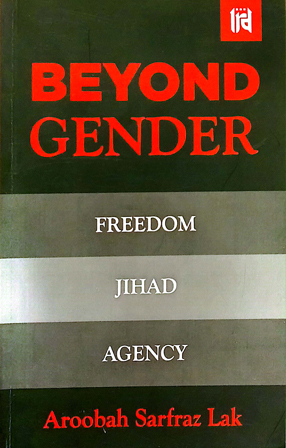
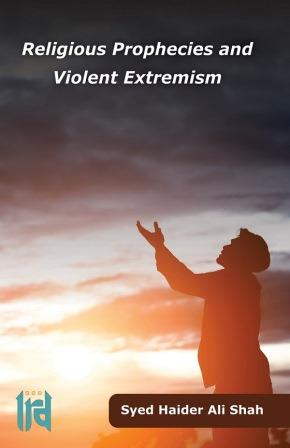
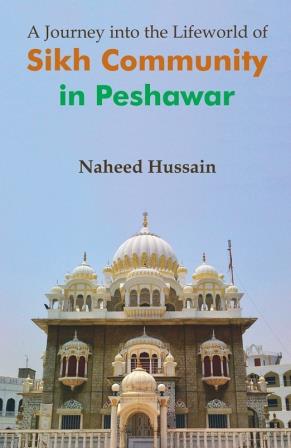
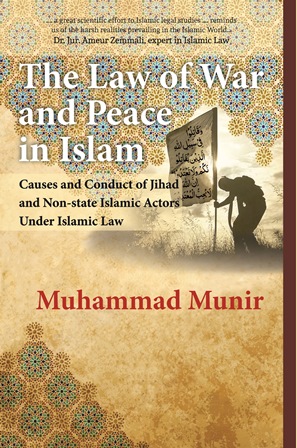
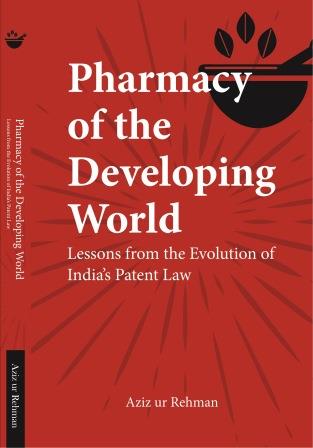


Reviews
There are no reviews yet.